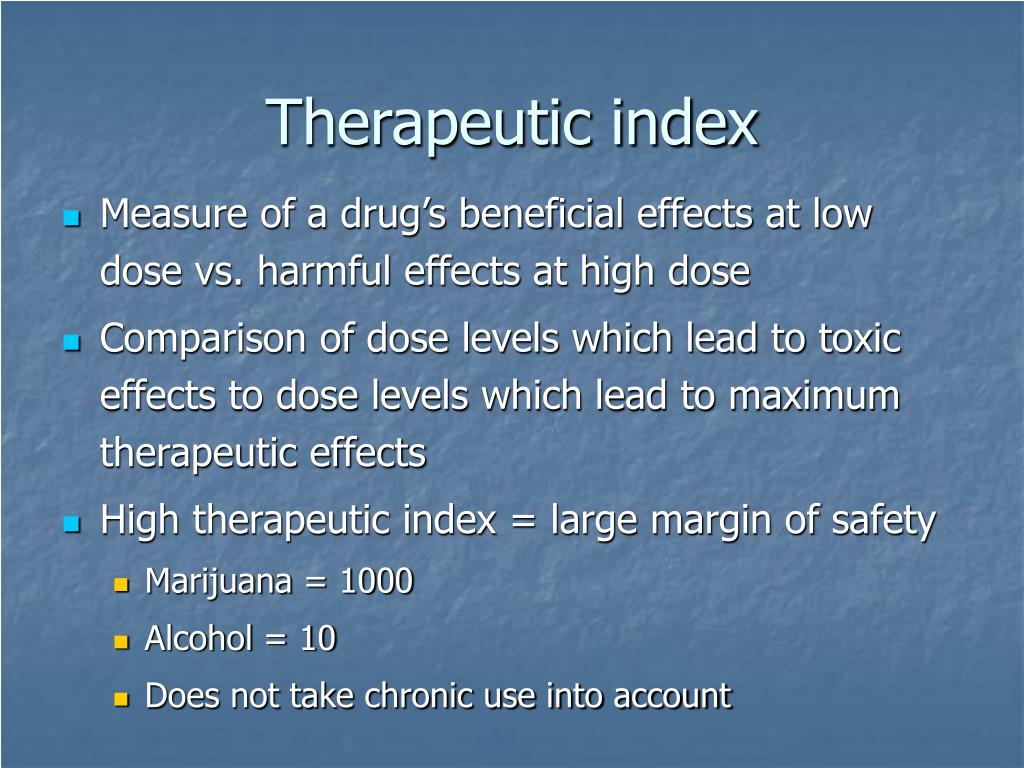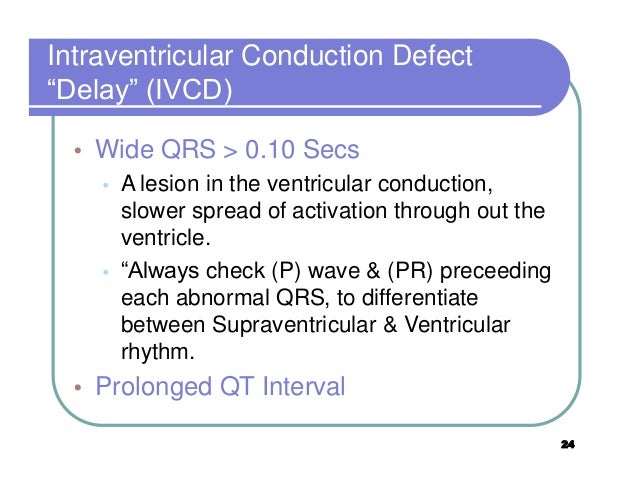

Common locations for the primary infection include the lungs, brain, urinary tract, skin, and abdominal organs. Sepsis is caused by many organisms including bacteria, viruses and fungi. Septic shock is low blood pressure due to sepsis that does not improve after fluid replacement. The presence of low blood pressure, high blood lactate, or low urine output may suggest poor blood flow. Severe sepsis causes poor organ function or blood flow.

The very young, old, and people with a weakened immune system may have no symptoms of a specific infection, and the body temperature may be low or normal instead of having a fever.

There may also be symptoms related to a specific infection, such as a cough with pneumonia, or painful urination with a kidney infection. Common signs and symptoms include fever, increased heart rate, increased breathing rate, and confusion. This initial stage of sepsis is followed by suppression of the immune system. Sepsis ( septicaemia in British English), or blood poisoning, is a life-threatening condition that arises when the body's response to infection causes injury to its own tissues and organs. Intravenous fluids, antimicrobials, vasopressors ġ0 to 80% risk of death These mortality rates (they are for a range of conditions along a spectrum: sepsis, severe sepsis, and septic shock) may be lower if treated aggressively and early, depending on the organism and disease, the patient's previous health, and the abilities of the treatment location and its staff Influenza vaccination, vaccines, pneumonia vaccination Systemic inflammatory response syndrome (SIRS), qSOFA asthma, Chronic Obstructive Pulmonary Disease.Understanding what you are clinically evaluating in a patient taking long-term medications and following the basic ICD-10 rules will help you be quite successful in caring for these patients and adding a valuable care component to your practice. T37.2x5S: Adverse effect of anti-malarials and drugs acting on other blood protozoa, sequela. T37.2x5D: Adverse effect of anti-malarials and drugs acting on other blood protozoa, subsequent encounter. T37.2x5A: Adverse effect of anti-malarials and drugs acting on other blood protozoa, initial encounter. If maculopathy is present, report the adverse effect of the hydroxychloroquine as well:
#THERAPEUTIC DRUG MOINTIRING IVCD 10 CODE#
Link to both, and if the carrier does not pay on the Z code, link to the M code first (or only link to the M code).Ĥ. Report Z79.899 for Plaquenil use for RA.ģ. Report M06.08 for RA, other, or M06.9 for RA, unspecified (always report the systemic disease state first).Ģ. Here’s the coding for a patient taking Plaquenil for RA:ġ.

Once you know the primary systemic condition, you can code the medication use and any adverse effects that require further attention. You and the patient’s other providers need to remain consistent with the ICD-10 code used to describe the condition for which the patient is being treated. This is where communication with other physicians is paramount. The patient is taking a long-term medication for a specific systemic condition, such as rheumatoid arthritis (RA), so the first step is coding for that. When coding for these individuals, it is important to understand the mechanism in place. Other agents affecting estrogen receptors and estrogen levelsĪnticoagulants and antithrombotics/antiplateletsĪgents affecting estrogen receptors and estrogen levels But getting the right code is just one step in the process of correctly documenting the encounter. The ICD-10 section that covers long-term drug therapy is Z79, with many subsections and specific diagnosis codes.īecause Plaquenil does not have its own specific category, clinicians should use Z79.899-Other Long Term (Current) Drug Therapy. While this clinical example focuses on Plaquenil, the concept works for any long-term medication. Although coding for long-term medications is not a difficult process, it often involves communicating with other physicians or specialists to obtain accurate information. P atients taking Plaquenil (hydroxychloroquine, Sanofi-Aventis) on a long-term basis may leave you scratching your head when it comes to coding the patient encounters.


 0 kommentar(er)
0 kommentar(er)
